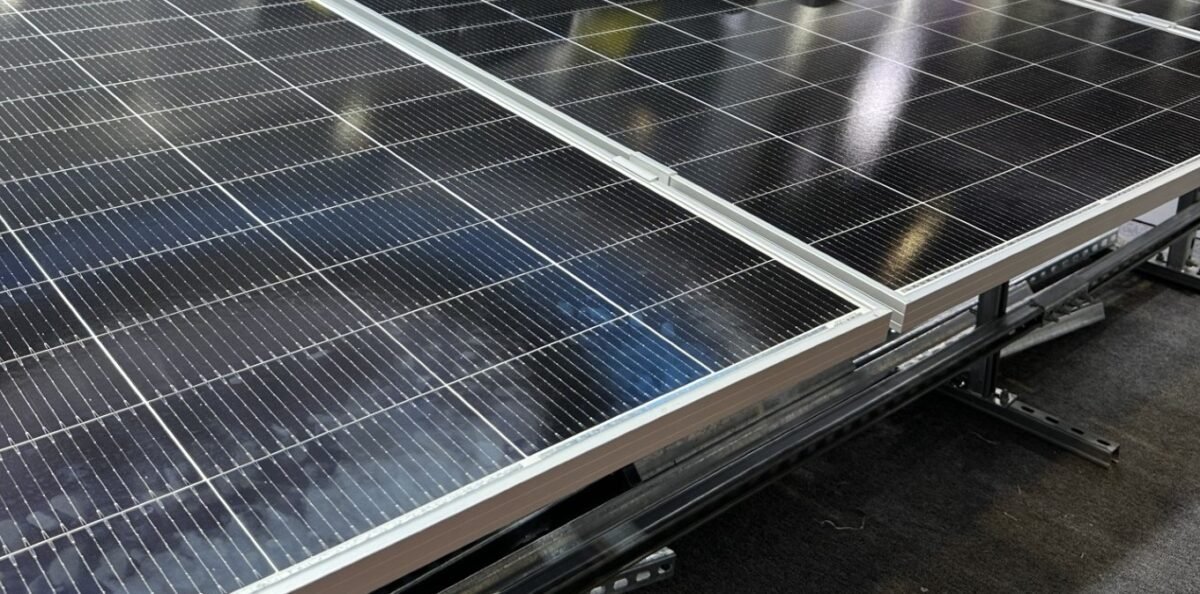India Embraces Battery Storage for Solar Power Profitability
India’s energy landscape is changing fast, and battery storage isn’t just an afterthought anymore. According to recent findings, battery energy storage systems (BESS) are reshaping how businesses and utilities manage power. But how exactly? Let’s break it down.
Why Batteries Are No Longer Optional
Imagine solar panels generating power all day, but what happens when the sun sets? Without storage, that energy slips away. Batteries like the Tesla Powerwall or LG Chem RESU store excess electricity for later—whether for nighttime use or grid stability. In India, where power cuts linger as a frustrating reality, batteries offer both continuity and cost savings.
The Profit Angle: More Than Just Backup
Here’s where it gets interesting. Utilities now see batteries as revenue generators. By charging during low-demand periods (when electricity is cheap) and discharging during peak hours (when prices spike), systems like Fluence’s Gridstack can turn a tidy profit. For factories running solar, this means slashing energy bills while selling surplus back to the grid.
Challenges? Of Course
Battery adoption isn’t flawless. Upfront costs can make buyers hesitate—until they see the payoff. A commercial solar-plus-storage setup might seem pricey today, yet payback periods are shrinking. Policies like net metering and subsidies for renewable storage help, but supply chain snags and inconsistent regulations still muddy the waters.
Real-World Wins
Take Maharashtra’s industrial sector, where battery storage alongside solar panels cut grid dependency by 70% for some factories. Or Rajasthan’s solar farms using BESS to smooth out intermittent generation, making renewable energy more predictable—and bankable.
What’s Next?
Innovation isn’t slowing down. Newer chemistries like solid-state batteries promise higher efficiency, while software from companies like Stem optimizes energy trading automatically. As grid parity becomes commonplace, India’s solar+storage revolution is just getting started.






